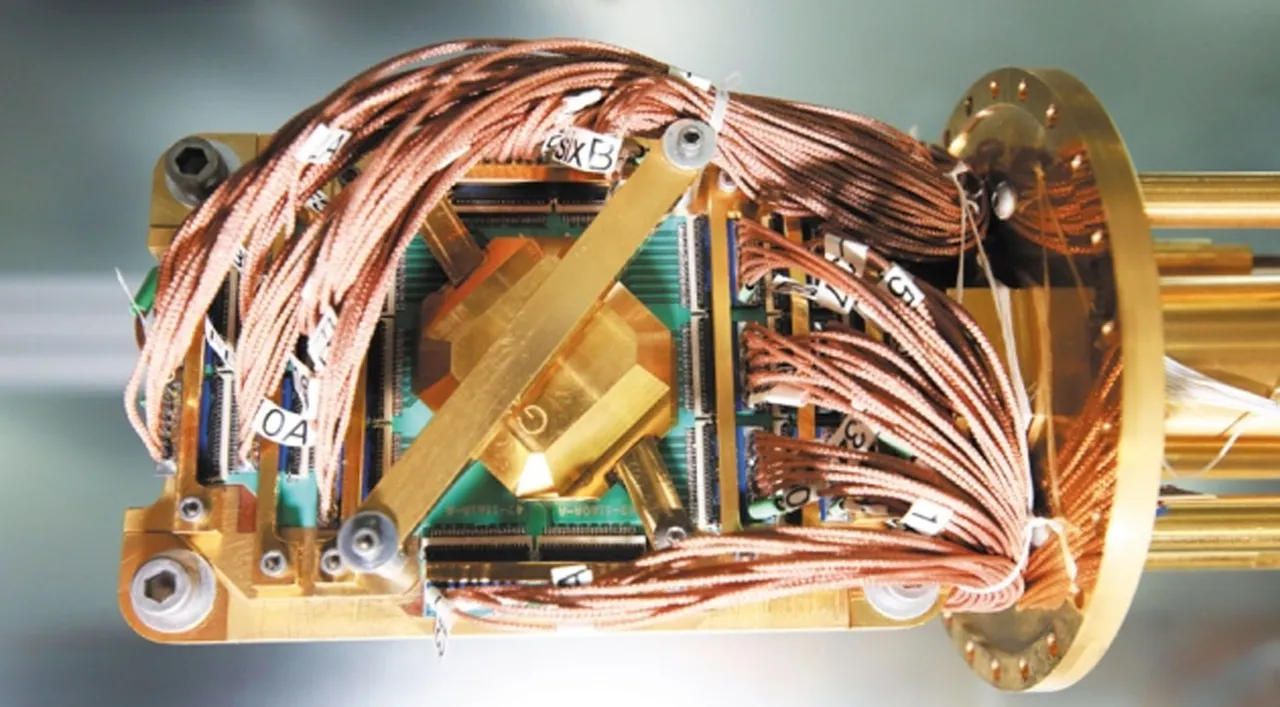There has always been a lot of discussion around whether or not quantum computers could realistically break bitcoin’s SHA-256 algorithm. If that was done in secret, thousands of medium value addresses could slowly be stolen without anyone noticing. If it was realized that the algorithm was being broken, a hard fork could take place, but it would be a complete mess and massive amounts of damage would have likely been done. There is no doubt that at some point in the future computers will be able to break the SHA-256 algorithm, but how far off are we talking about ?

The largest quantum computers right now are owned by big companies such as IBM,Intel,Google and a handful of government/academic institutions. This may IBM unveiled their 16 quibit, or quantum bit, computer which is considered at this point the most powerful quantum computer that is actually available in the near future. I say “available”, but realistically very few people actually have access to it and the machine is worth hundreds of millions of dollars. Previously, their past largest was 5 quibits, so there definitely is growth on the technology behind the processors that power the machines.
What amount of quibits would potentially we dangerous to breaking bitcoin’s algorithm? This we really don’t know because specific applications would have to be made to try and brute force the sha 256 algorithm. As far as we know IBM isn’t currently working on this function, so we really don’t know how far they can get. In the past they have made statements that at 50 quibits, mathematical problems and algorithms thought unbreakable, would essentially be able to be brute forced, but again it is only speculation. I would say if we got to that point, which probably wont happen for another handful of years, we would possibly want to think about changing the algorithm just to be safe. However with the massive mining industry based off SHA 256, there would have to most likely be some sort of compromise between developers and miners. Which raises a whole other problem.

In terms of regular computers, botnets, ect, breaking the SHA 256 algorithm is near impossible. It would take thousands of years to break a private key. With the amount of possible characters, brute forcing would be a great waste of power and time. There have been a few groups who have claimed to be able to brute force a few private keys, specifically a group that claims to have done it multiple times, which would be like winning the lottery, or more than likely they have found a bug within a website that generates private keys. We are pretty sure that the algorithm itself is safe, but websites generating keys might use some sort of generator that limits them to certain keys, making the keys generated there, much more vulnerable to being brute forced. There is actually going to be a talk at the next Defcon about brute forcing private keys, so I expect that to be very interesting.
Overall, while quantum computers can and at some point will have the ability to crack sha 256 and brute force private keys on many of the coins of today. I don’t think it is something we have to worry about in the immediate future. Upgrading the protocol and adding user friendliness is a much better use of our time. Even if we reached a point where brute forcing became possible, it would still be very expensive and the algorithm would be upgraded to a stronger and uncrackable substitute. For the most part, quantum computing breaking bitcoin isn’t something we really have to worry about at this point in time.

Thanks to @Elyaque for the badges